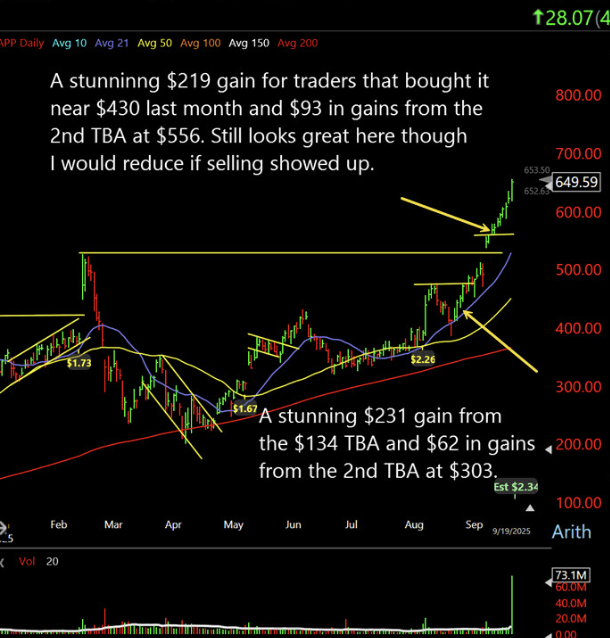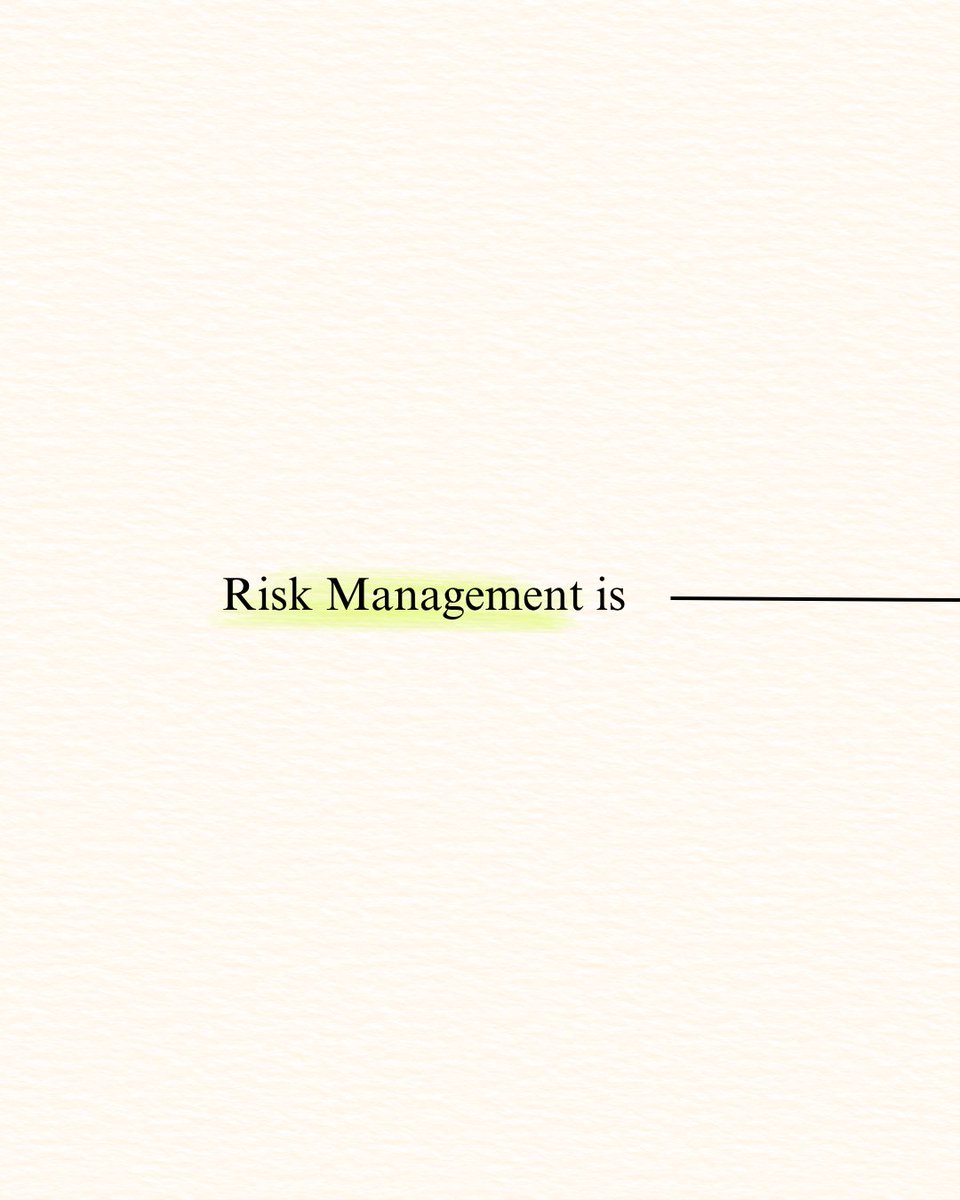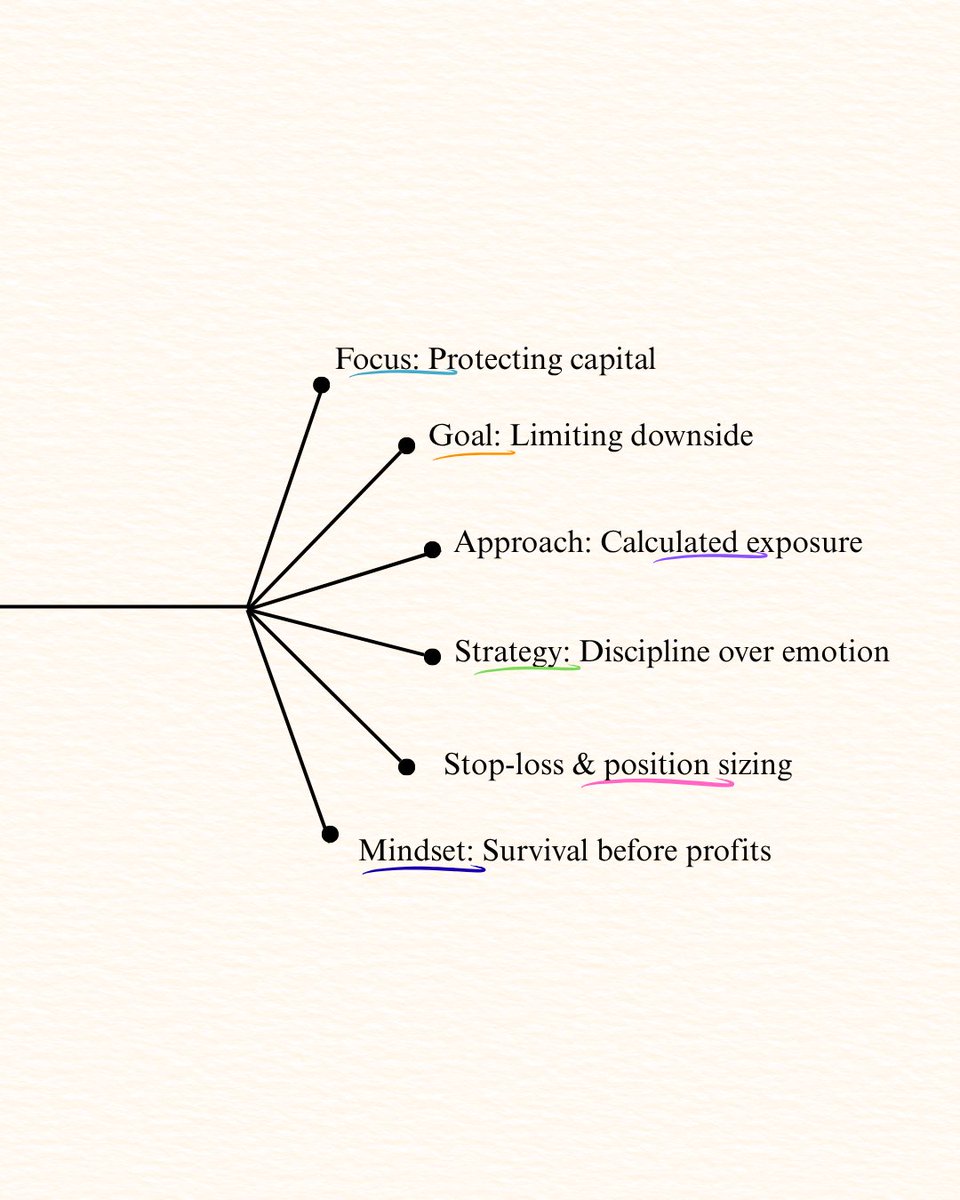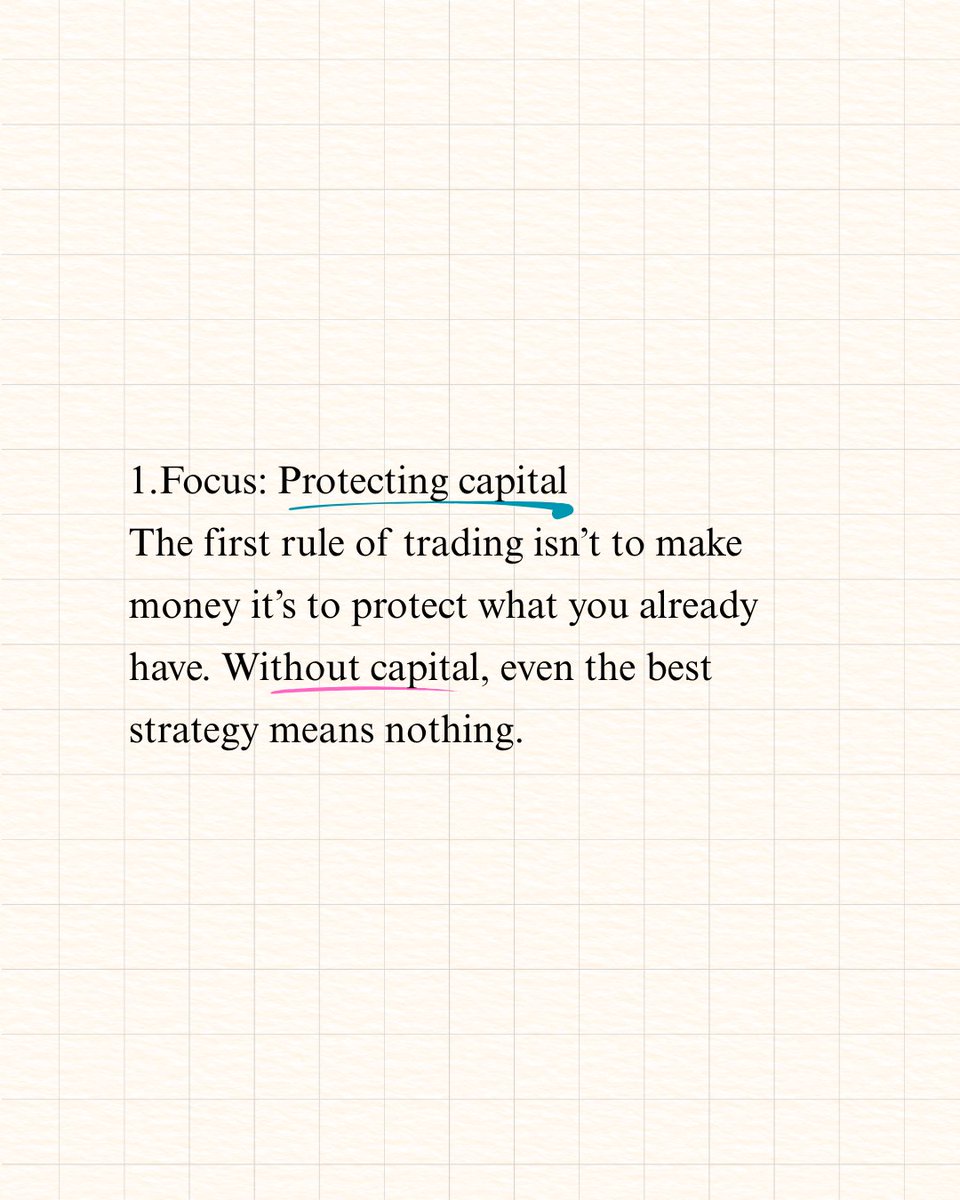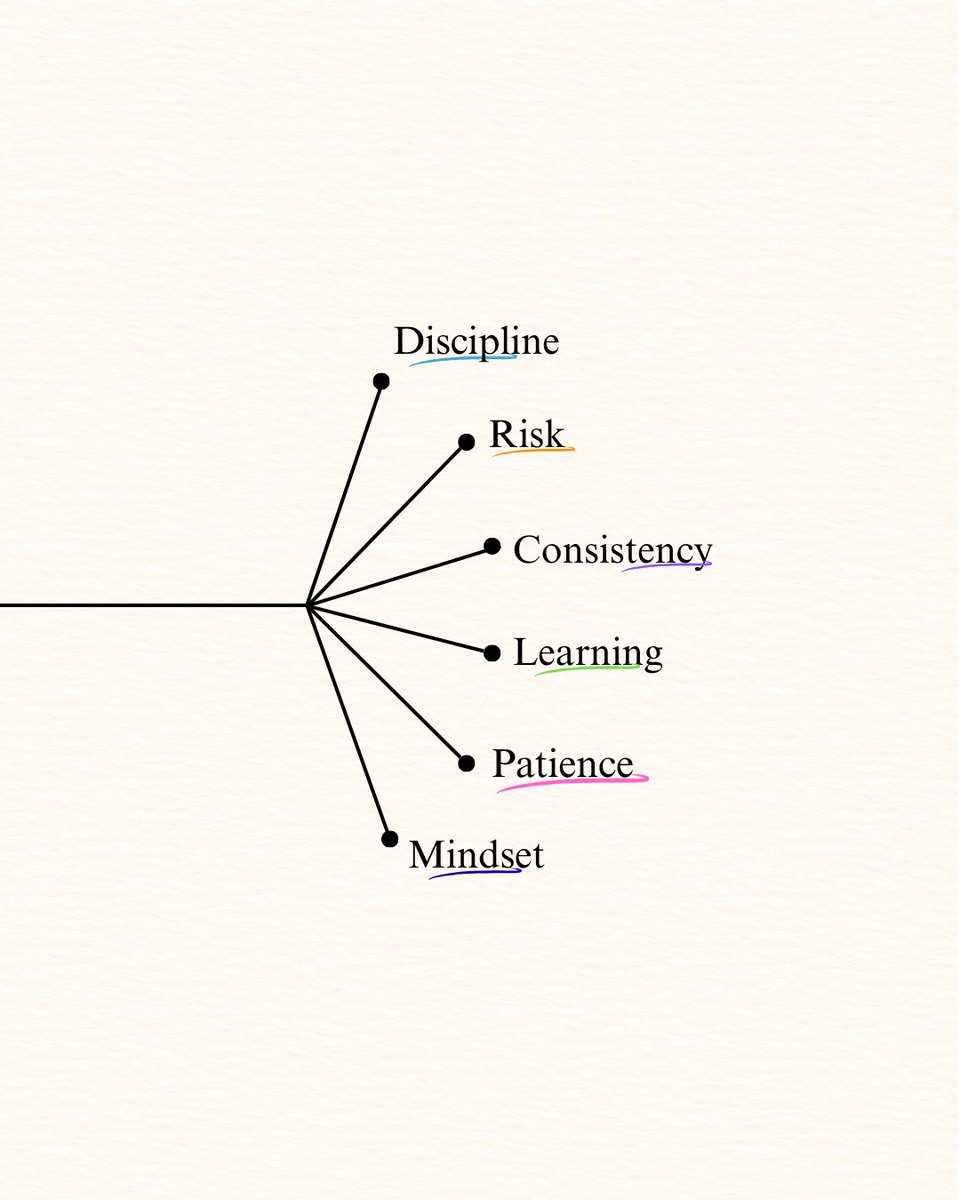Thread :
How I turned -7 L to +1 L intraday ?
1) In the morning, I had created 37000 PE and 31700 CE as per the system.
But BNF fell initially 400 points and 37000 PE SL got hit at 400
And MTM at 10 am was - 2 L due to PE SL hit.
#trading #system
How I turned -7 L to +1 L intraday ?
1) In the morning, I had created 37000 PE and 31700 CE as per the system.
But BNF fell initially 400 points and 37000 PE SL got hit at 400
And MTM at 10 am was - 2 L due to PE SL hit.
#trading #system
2) As 37000 PE got hit, I sold 36500 PE around 100.
So open position now were
36500 PE sell &
37100 CE sell
But to my dismay now bnf rallied almost 600 points from day low😖 & due to IV spike strangle lost 100 points & I exited everything.
MTM loss now was around -7 L :(


So open position now were
36500 PE sell &
37100 CE sell
But to my dismay now bnf rallied almost 600 points from day low😖 & due to IV spike strangle lost 100 points & I exited everything.
MTM loss now was around -7 L :(


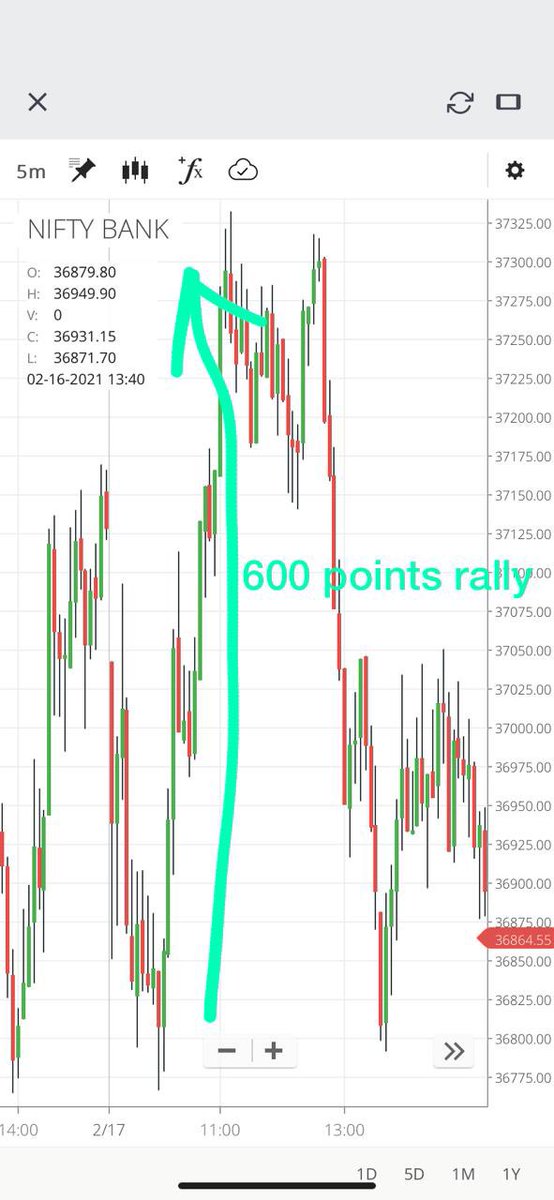
3) I was almost near my daily loss limit, took one last trade as today being a wednesday there’s good theta decay.
I created :
36500 PE 6500 qty
37100 PE 5000 qty
& 37200 CE 11500 qty
I created :
36500 PE 6500 qty
37100 PE 5000 qty
& 37200 CE 11500 qty
4) By 1:10 pm, the strangles decayed nicely & my MTM loss now at -2.1 L only.
I was happy & relieved as loss was under control. But BNF had something else in mind 🧐
I was happy & relieved as loss was under control. But BNF had something else in mind 🧐

5) At 1:30 pm , BNF fell & was again at day low. The strangles had spiked & my loss again increased from -2 L to -5 L 



6) I kept my calm & stayed in the position and sold additional calls while markets were falling.
Logic for additional calls :
37200 got rejected so sold addtional calls.
I just got in the green around 2:54 pm :)
Logic for additional calls :
37200 got rejected so sold addtional calls.
I just got in the green around 2:54 pm :)

7) At 3 pm, I started reducing my qty from 11000 qty to 2000 qty to reduce my risk & my MTM now had become +1 L due to time decay after 2:30 pm.
PnL at 3:30 pm + 1 L from -7 L in the morning.
PnL at 3:30 pm + 1 L from -7 L in the morning.

8) Takeaways:
1) Always have a daily loss limit(1 or 2% of capital )
2) Exit options becoming ITM quickly
3) Know what adjustments you are doing & effect of it.
4) If markets are kind & time decay helps, you’ll make decent money.
I hope you found the thread insightful :)
End
1) Always have a daily loss limit(1 or 2% of capital )
2) Exit options becoming ITM quickly
3) Know what adjustments you are doing & effect of it.
4) If markets are kind & time decay helps, you’ll make decent money.
I hope you found the thread insightful :)
End

• • •
Missing some Tweet in this thread? You can try to
force a refresh


